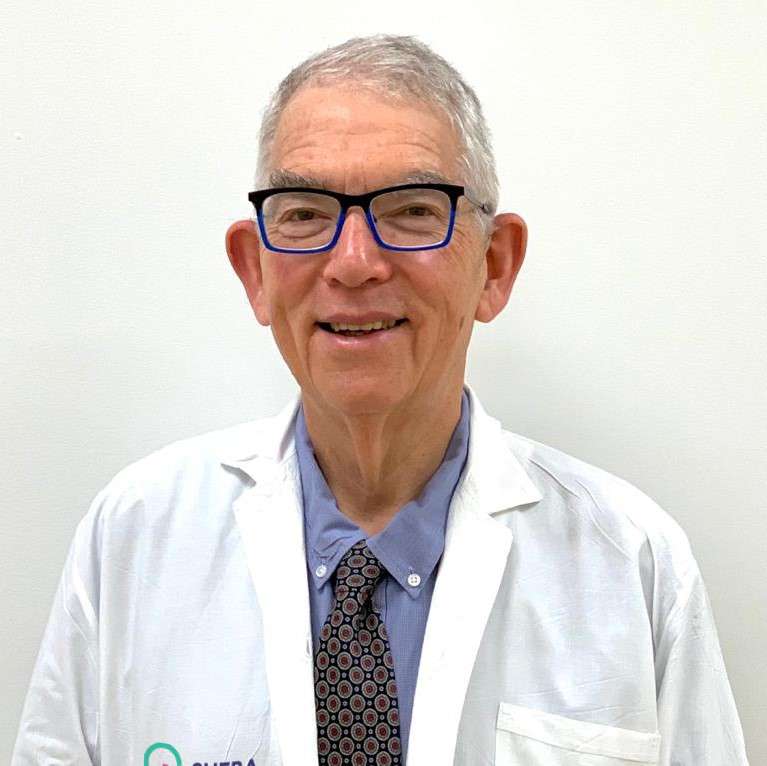At the recent European Hematology Association Congress in Frankfurt, I presented compelling findings from a proof of concept anti-BCMA CAR T-cell therapy study conducted at Sheba.
Findings indicated that CAR T-cell therapy is a highly effective anti-BCMA treatment with a high overall response rate and an excellent safety profile, further supporting its suitability for clinical use. The study also indicated that patients who have previously undergone other forms of BCMA-targeted therapies exhibited a lower response to CAR T-cell therapy, underscoring the need to consider the treatment history of patients when considering CAR T-cell therapy as a potential treatment option.
Overall, the research highlights the potential of CAR T-cell therapy in treating multiple myeloma. To learn more, see the detailed finding below:
All 32 patients (median age 60, IQR 54-67) enrolled received CAR T-cell infusion in a median of 11 days (IQR 11-11) after leukapheresis. Only 2 patients received bridging chemotherapy. The median number of prior therapies was 4 (IQR 3-5), with 59% and 34% of the patients being penta- and quad-refractory, respectively. All patients were proteasome inhibitors and IMiD-agent refractory, 31 (97%) were daratumumab refractory, and 7 (22%) patients had prior exposure to BCMA-targeted therapy (belantamab mafodotin, n=5 [16%]; talqeutamab, n=2 [6%]). At enrollment, 10 (34%) patients had high-risk cytogenetics, 7 (22%) had double-hit myeloma, 11 (37%) had bone-marrow plasma cell percentage ≥50%, and 17 (57%) had extramedullary involvement. Only 17 (53%) and 2 (16%) patients were eligible to enroll in the KarMMa (NEJM, 2021) and CARTITUDE-1 (Lancet, 2021) studies, respectively.
CAR T-cell therapy was well tolerated in all patients. Grade 3 cytokine release syndrome occurred in only 1 (3%) patient. No immune effector cell-associated neurotoxicity syndrome or other grade 3-4 adverse event occurred. Grade III-IV neutropenia and thrombocytopenia occurred in 31 (97%) and 16 (50%), respectively. Anemia requiring PRBC transfusion occurred in 14 (44%) pts. Grade III-IV neutropenia, thrombocytopenia and anemia beyond day +60 occurred in 3 (9%), 11 (34%), and 12 (38%) patients, respectively. No bleeding events nor cellular therapy-related deaths were observed.
The median follow-up was 3.9 months. Best Overall response rate (PR at least) was 59% (VGPR at least, 40%). Median time to first response was 31 days (95% CI: 26-33). Estimated 6-months OS, PFS and duration of response were 89% (95% CI: 75-100), 48% (95% CI: 33-72), and 63% (95% CI: 41-97), respectively. Patients with prior exposure to BCMA-targeted therapies had an inferior PFS (HR 3.4 [95% CI: 1.2-9.7] p=0.03).
